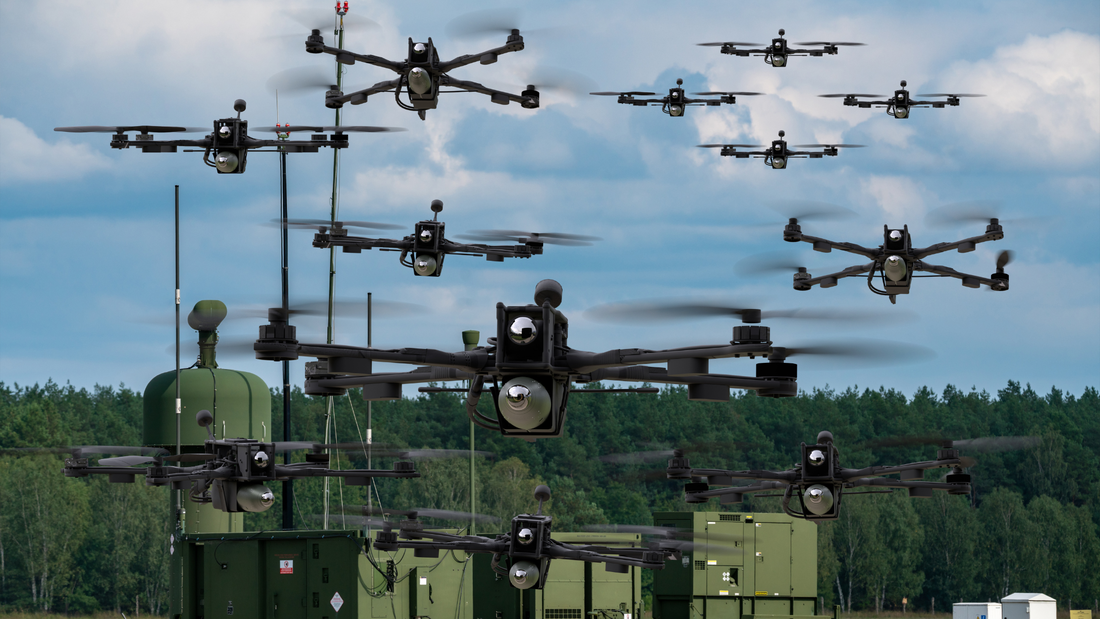Today, Laredo – Tomorrow, Los Angeles and Little Rock? When the U.S. military dispatches a drone to strike a target, it often uses a wireless device detection system that can correlate signals from terrorists’ cellphones and other devices emanating from within a target vehicle. Under such circumstances, calls and other signals from terrorists’ devices lead missiles straight into a target’s car.
As law and order along the U.S. border breaks down, it is not surprising that two Texas jurisdictions – Webb and Val Verde counties – purchased such military-grade wireless detection systems. NOTUS.org reports that law enforcement along the border can detect in-vehicle wireless signals and merge them with systems that track vehicles’ license plates to isolate a given car. This is yet another sign that the U.S. Supreme Court urgently needs to revisit the limits that federal and local law enforcement agencies are placing on the Court’s 2018 Carpenter opinion, which requires a probable cause warrant before officers can use cell tower GPS data to access a suspect’s location history. Agencies have not internalized the basic principles of that ruling. Instead, they’ve rationalized that if they are not specifically accessing historical cell tower data, they are complying with the law. To be fair, parts of the border are beginning to resemble a war zone, with out-of-control illegal immigration organized by criminal cartels. Given the current lawless state of the U.S.-Mexican border, local governments are using Department of Justice grants to purchase systems similar to those used by the U.S. military and CIA. Captain Federico Calderon of the Sheriff’s office of Webb County, which includes the large border city of Laredo, told NOTUS that the county purchased a “very restricted” version. Capt. Calderon said that Webb County is using this technology as a pilot program to scan for signals coming from the empty quarters of ranches where no one should be. Val Verde County did not respond to NOTUS’s questions. The potential for widespread abuse of this technology rivals that of cell-site simulators and data purchases. NOTUS reports “as people walk around with headphones, fitness wearables and other devices, emitting a cloud of radio frequency signals unique to them, their data can be linked to a car, even after they have ditched the car.” Local law enforcement officials want such technology to identify human traffickers and cartel smugglers. It is doubtful, however, that this technology will remain restricted to such narrow purposes. And as with purchased data and cellsite simulators, the introduction of this new militarized technology compromises the privacy of many more people – friends, family, and bystanders. “We are well beyond the idea that people have no privacy in public,” Jennifer Grannick of the American Civil Liberties Union told NOTUS. “Here, they’re installing this mass surveillance system.” With the spread of often violent political protests across the nation, a high level of terror alert from the FBI, and college campuses convulsed by tent cities, there will be no lack of reasons for law enforcement to add one more capability to what is evolving into a national surveillance state. It is reasonable to use technology to control the border. But it is up to Congress and the courts to keep a close eye on the widespread introduction of military wireless device detection systems to track Americans. Comments are closed.
|
Categories
All
|


 RSS Feed
RSS Feed